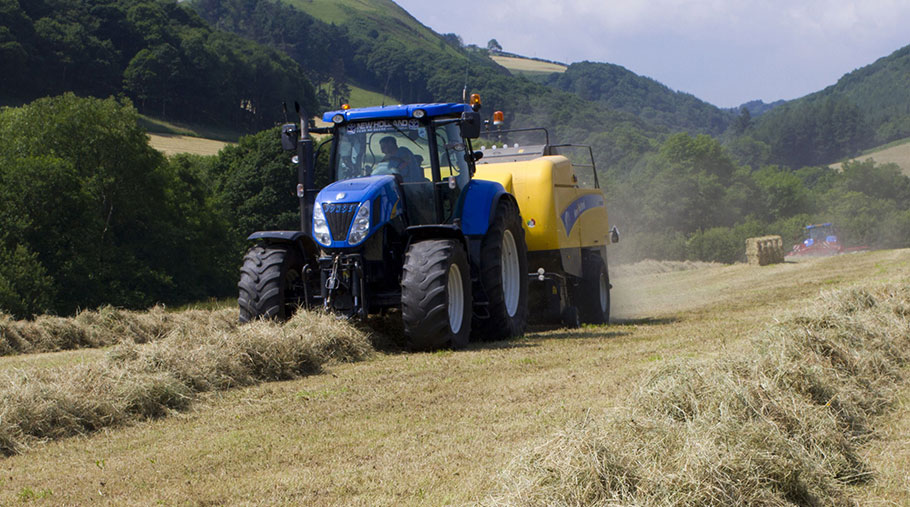Green scheme rules relaxed as dry spell continues
 © FLPA/Richard Becker/REX/Shutterstock
© FLPA/Richard Becker/REX/Shutterstock The UK and Welsh governments have taken action to reduce the impact of dry weather on farms under restrictions in agri-environment schemes.
Farmers and landowners in England and Wales can now apply for derogations to cut hay crops earlier than normal and alter grazing, cropping and supplementary feeding requirements.
Natural England says farmers can request derogations by filling in a minor and temporary adjustment (MTA) form when they cannot meet the rules for their Countryside Stewardship agreement, due to the unusually hot weather.
See also: Harvest 2018 – Heatwave sees OSR harvested two weeks early
After the forms have been filled in, they must be returned to the Natural England office for the relevant county.
“You must get your MTA approved by Natural England before you make any changes to how you manage your agreement,” said the government agency.
Derogations in Wales
In Wales, the derogation will allow Glastir contract holders to begin cutting hay meadows immediately. Though contract holders do not need to contact Rural Payment Wales (RPW), their farm records and activity diaries will need to be updated.
Farmers are reporting silage and hay crops are badly affected, with the quality and supplies deteriorating due to the dry spell.
Glyn Roberts, president of the Farmers’ Union of Wales, welcomed the derogations.
But he warned: “Farmers should not that this is not a blanket derogation, and that all requests received will be considered on a case-by-case basis and must be made in writing or via their RPW online account.”
Full details of the derogations in Wales can be found Welsh government’s website.
Union calls for ban on crops burned in straw-fired stations
The Farmers Union of Wales (FUW) has urged the UK government to intervene to prevent crops being burned in straw-fired power stations.
The FUW wants both the UK government and Welsh government to introduce a temporary ban on the practice to increase supplies available for animals for this coming winter.
FUW vice-president Eifion Huws said: “We had an unusually wet and long winter, meaning farms had to house livestock for longer than usual and fodder supplies had run out before the spring.
“Having started the new season with fodder reserves at zero, we have now gone from one extreme to the other, with soaring temperatures and the extended dry period adding to problems caused by the previous wet weather.”
Mr Huws said streams, wells and boreholes had dried up, grass growth was severely affected, with many areas killed off, and a fall in the quantity and quality of hay and straw crops.
The fact crops which are likely to be desperately needed by farmers over the coming year are being burned in straw-fired power stations added to concerns, Mr Huws said.
